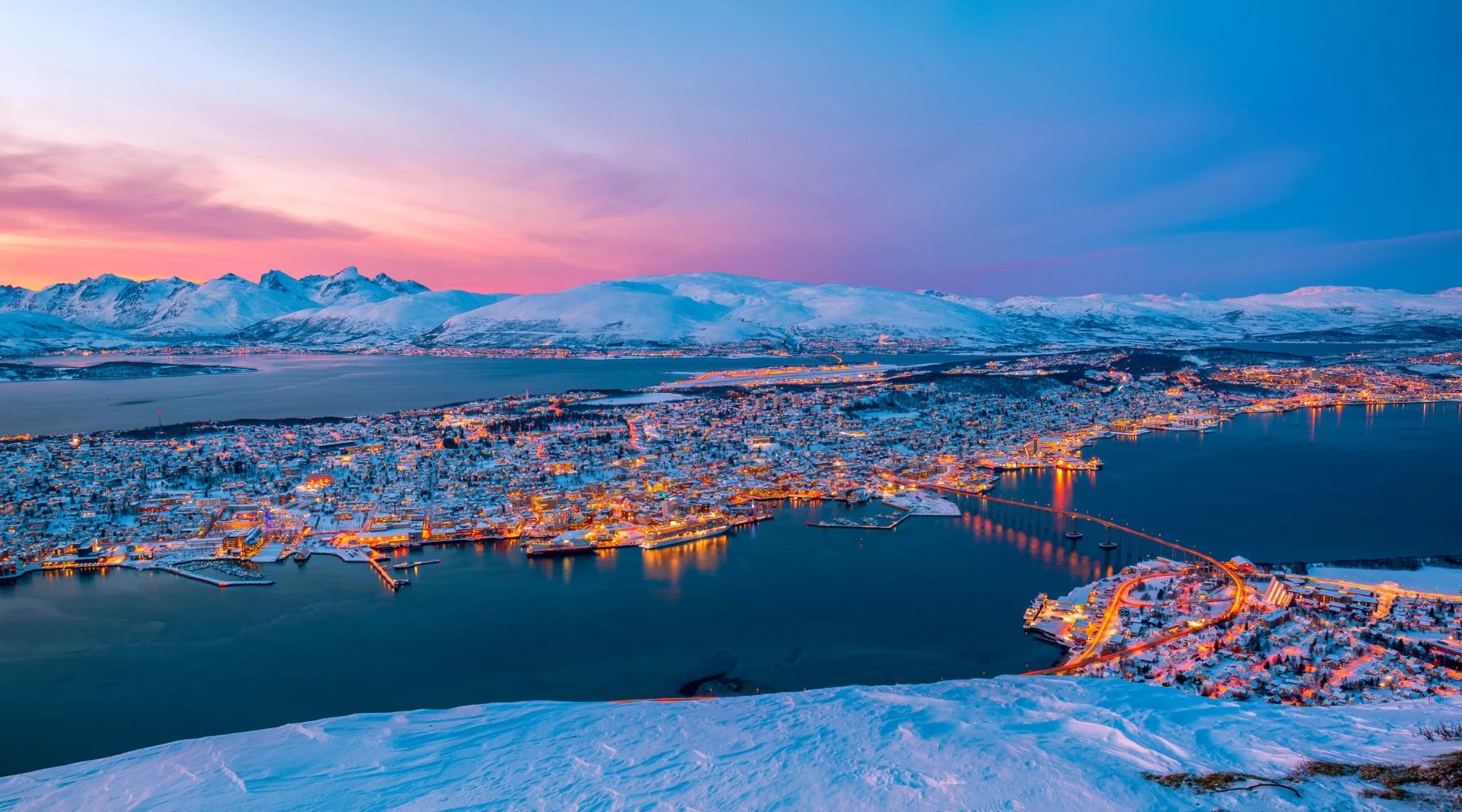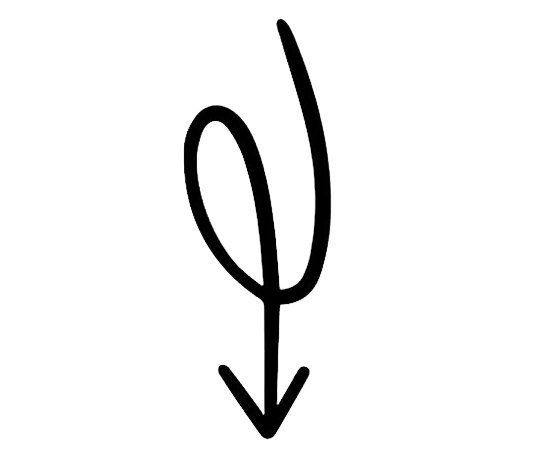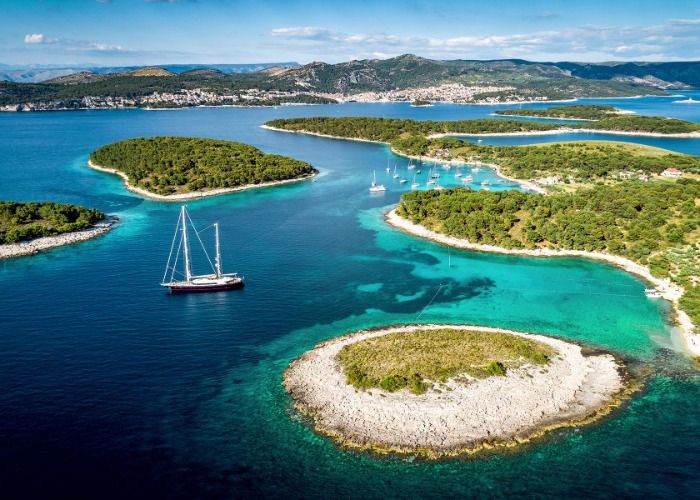- Norway, with its mesmerizing fjords, northern lights, and rich history, often sparks interest in the hearts of travelers and history buffs alike.
- Among the various queries surrounding this Nordic nation, a frequent one is about its official language. Let's journey through the linguistic landscapes of Norway and address some related queries.
The Official Language of Norway
The official language of Norway is Norwegian. This North Germanic language is rooted in the Old Norse language, which was spoken by the Vikings. There are two official written forms of Norwegian: Bokmål and Nynorsk.
Bokmål (which means "book tongue") is the more commonly used written form, influenced by the Danish language due to the long association of the two nations. Many Norwegians refer to it simply as 'the written language.'
Nynorsk (which translates to "new Norwegian") is based on various Norwegian dialects and was developed to create a uniquely Norwegian written standard, distinct from Danish.
However, when it comes to spoken Norwegian, there are numerous dialects across the country. Depending on the region, the spoken form can vary significantly, but all Norwegians understand each other, regardless of the dialect.

Tromso is one of the most beautiful cities in Norway
Do They Speak English in Norway?
Absolutely, they do! Norwegians are known for their impressive multilingualism. English is widely spoken in Norway, especially among the younger population. The proficiency level is notably high, thanks to the country's excellent education system that introduces English to students at a young age.
Furthermore, Norway's cultural consumption of English media – be it movies, music, or books – further sharpens their English language skills. So, if you're an English speaker traveling to Norway, rest assured, communication won't be a barrier.
What Currency Does Norway Use?
While Norway is a part of Europe, it is not a member of the European Union. Hence, instead of the Euro, Norway uses its own currency called the Norwegian Krone, abbreviated as NOK. Krone means "crown" in Norwegian. Coins are denominated in 1, 5, 10, and 20 kroner, while banknotes are available in 50, 100, 200, 500, and 1000 kroner denominations.
For travelers, it's beneficial to know that Norway is gradually transitioning to a cashless society. Debit and credit cards are widely accepted, even for small transactions. While there are ATMs readily available, carrying large amounts of cash isn't common practice for locals.

Norway: One of the best European countries to live in.
Who Was the First King of Norway?
Digging deep into the annals of history, the tale of Norway's first king is an intriguing one. Harald Fairhair, or Harald I, is traditionally regarded as the first King of Norway. Legend has it that Harald vowed not to cut or comb his hair until he became the sole ruler of Norway. True to his word, upon uniting the country in the late 9th century, he finally tidied up his long, tangled locks, earning him the epithet "Fairhair."
Harald's reign marked the beginning of the historical era known as the Viking Age. Under his leadership, Norway began its transformation from a cluster of tribal areas into a unified nation. Harald's descendants would continue to rule Norway for generations, establishing a monarchy that lasts to this day.
In Conclusion
Norway, a land of breathtaking landscapes and rich heritage, speaks volumes through its language, culture, and history. While Norwegian is the heartbeat of its linguistic identity, the nation's openness to English and other languages reflects its cosmopolitan spirit. The Norwegian Krone stands as a testament to its unique economic identity, while the legacy of King Harald Fairhair reminds us of the nation's storied past.
For anyone looking to delve into the Norwegian experience, understanding these facets is a great starting point. And who knows? Maybe picking up a few phrases in Norwegian might just be the next adventure!







